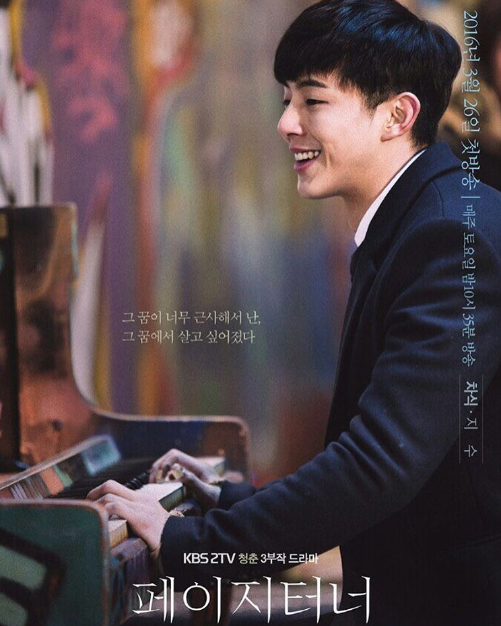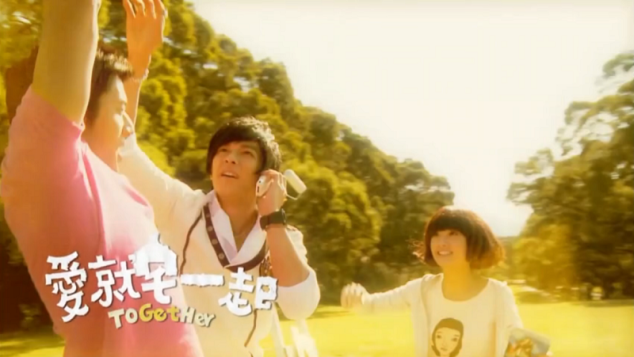
The Poets’ Camp
Prince Consort Xue Shao:
[Y]our mother (Empress Wu below) killed her to fulfill the romantic fantasy you conjured on a whim! Which was the same as killing me! […] [T]he day you and I married became my wife’s death anniversary. I once thought of giving you the cold shoulder to punish you for the wrong you did to the idea of love, tormenting your feelings to pay homage to her spirit. But I was wrong. You’re not the cold and selfish princess I imagined. On the contrary, you’re not willful, unreasonable or arrogant. Scarier still, you’re loyal. All these years, I kept fearing that I would grow irrevocably in love with you. Now, my fear has come true—Princess, I…I have fallen for you. I tried mustering all my willpower to resist it, but there was nothing I could do! The hatred in my heart was no defense against your purity and loyalty! Yet how can I develop romantic affection for you? […] What does that make of my vow to my wife? […]
Princess Taiping (shaken and learning the truth only now):
Please pardon my…my mother’s sins, on account of the fact that you now return my love…
Prince Consort Xue Shao (before thrusting a sword into his heart):
No, one can encounter happiness numerous times over the course of his life, but he can commit himself to only one thread of happiness among them.
The Pragmatists’ Camp
Empress Wu:
A person who has suffered misfortune usually has two choices: Live, so that he can rewrite a happy destiny and let others share his joy; die, such that his fate becomes more wretched and others are forcibly buried along with him. If a man tortures one woman for the sake of keeping another woman in loving memory, he cannot hold a candle to even the meanest womenfolk on earth, let alone be considered an honest individual.
Programming in Shakespearean The Drama
Byron, the Screenwriters’ Companion Drama Resources











You must be logged in to post a comment.